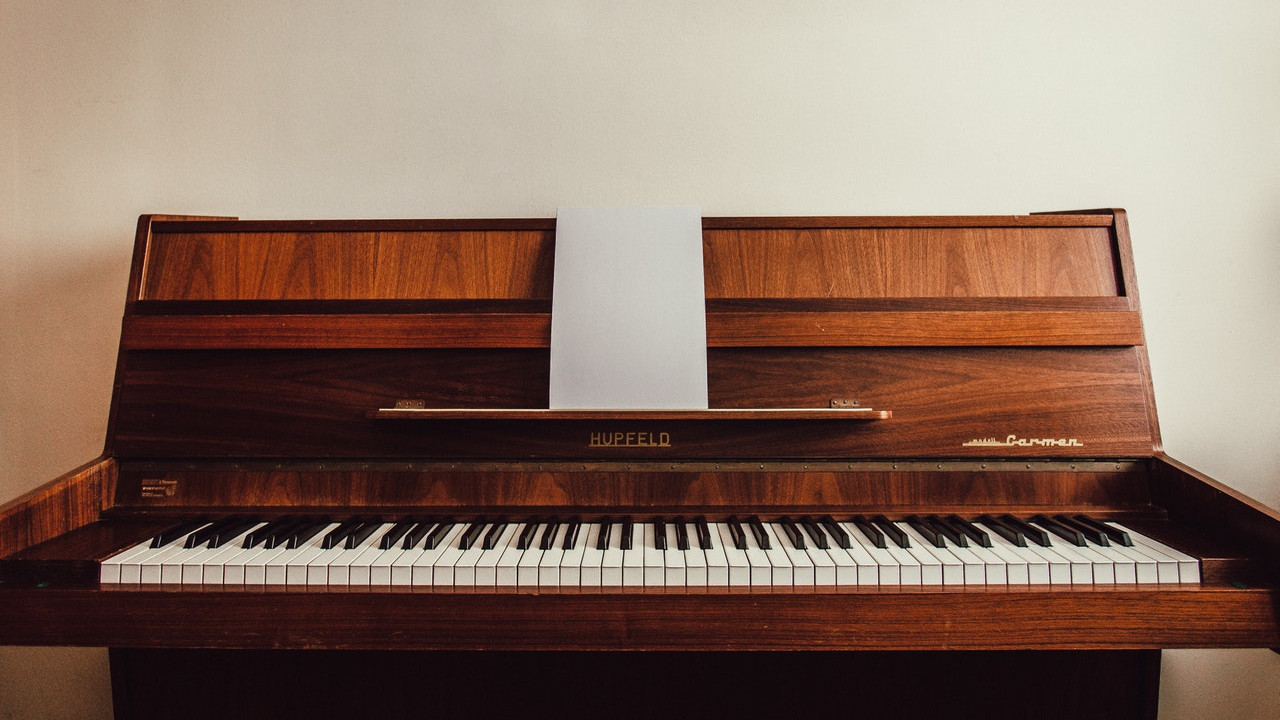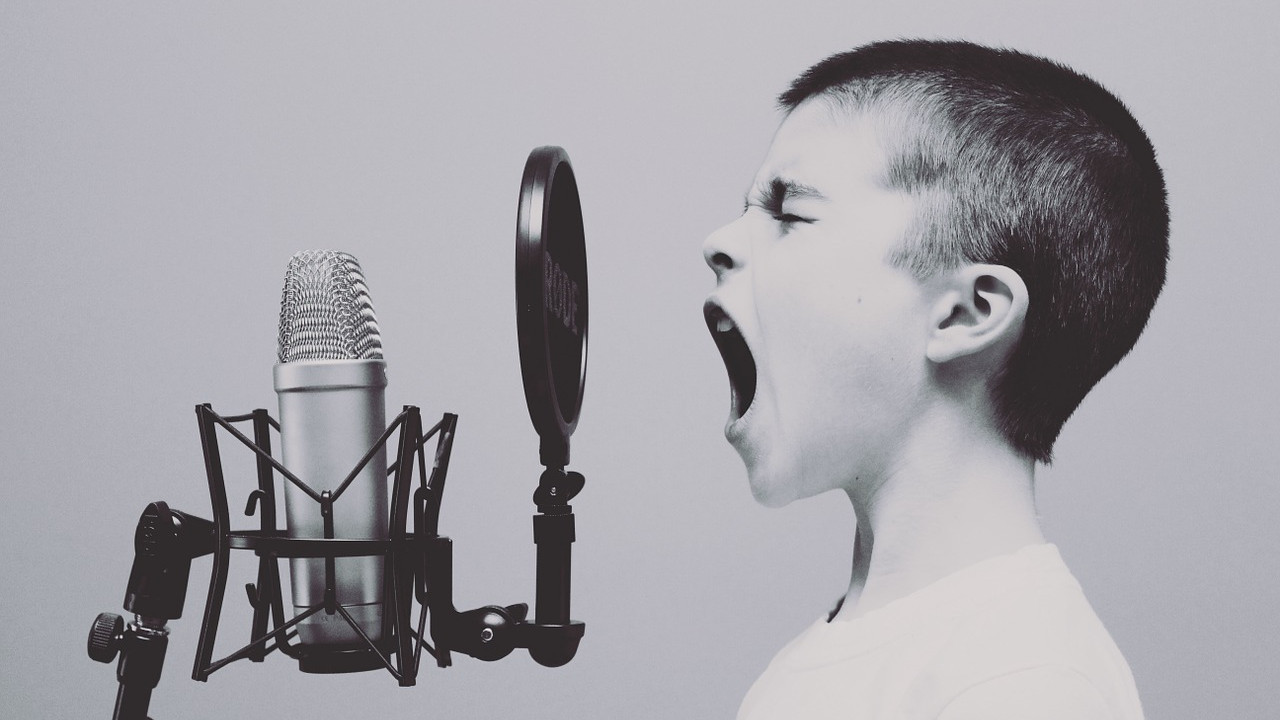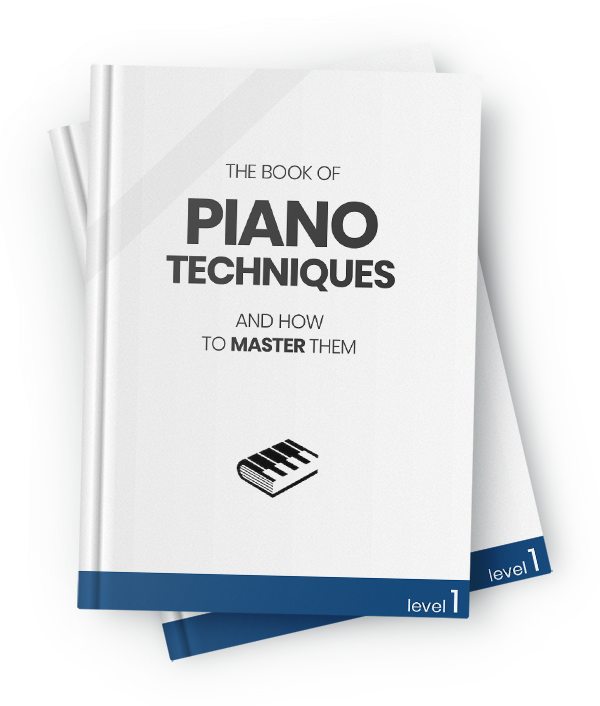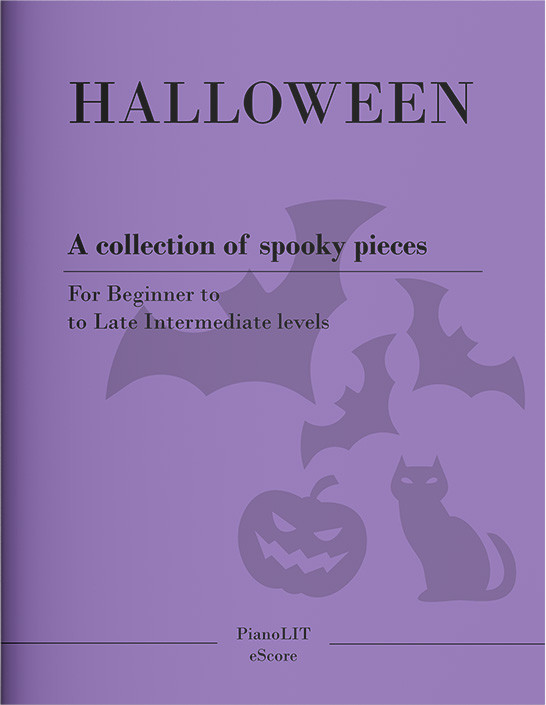5 Most Common Piano Practice Mistakes
Even the most experienced pianists often ask themselves the same question: is my practice really efficient? Here is a list of the 5 most common mistakes pianists usually make when practicing their repertoire.
Oct 28, 2019 • 10 min read
18636

Want a heads up when a new story comes out?
Every accomplished pianist will agree that good practicing habits are the key to success. The amount of time we practice is not what matters the most, but rather how productive and effective we are with that time. It is easy to focus too much on the end result and give little importance to the road that will take us there. That is especially important in music because not every path leads to the same destination. Some might create bad habits that are difficult to break, others may give a false sense of accomplishment and a few might even lead to injuries.
Let's take a quick look at 5 of the most common mistakes pianists usually make in their practice and how to avoid them!
5. Always start at the beginning
This is probably the most common one here. We've all been there: while practicing a piece, we make a mistake in the middle and go back all the way to the beginning to "try again". And that may happen over, and over... There are multiple reasons why this is a bad idea.
The amount of time you spend playing all those sections that don't need much work adds up and leads to a much longer practice session than you need.
In order to fix or improve a challenging spot, we need lots of focus and effort to make it happen. Every time you return all the way back to the beginning, by the time you get to the passage that needs work, your focus is inevitably lower and soon you will get tired and move on.
Sometimes you might find that it just feels easier to go back from the beginning. No matter how difficult that may seem, going back to the beginning is never better. The effort to pick up from where you stopped is well worth it and, over time, that skill will improve and you won't find it challenging anymore.
4. Bad fingering
Have you ever caught yourself saying something like: "Why do I have to use the finger 4 here, if the finger 3 feels more comfortable to me?" or "I just don't like crossing the thumb here, let me change that". Our hands and fingers adapt to how we use them. Any position that feels a little uncomfortable or awkward at first, will soon feel normal as long as we repeat that movement every day!
In short, we choose our fingering with two basic goals in mind:
a) to keep our hands steady and moving as little as possible;
b) to distribute the notes among our fingers as evenly as possible and avoid using some fingers much more than others.
The more you move your hand around (even tiny movements count), the less controlled your sound will be and the harder it will be to play exactly how you want to. Also, it is easy to avoid some fingers because they don't feel as easy to control as others (such is often the case with the finger 4). Watch out for that and make sure you are not making other fingers work harder or stretch more than they should.
Another downside to bad fingering is the rise of injuries caused by repetitive stress over one single muscle or tendon. Remember how we mentioned that our hands and fingers adapt easily? Yep, that is also true to movements that are actually bad and cause muscle strain. In such cases, we only notice later when the pain arrives...
3. Fast practice
Another very common mistake is to practice fast regularly. Even after learning a piece, we should not play it at top speed all the time. This might be the biggest factor that will slow down your progress. Sounds unintuitive, right? Sometimes we even feel that it is easier to play faster than slower. That is never the case and only means one thing: you have not mastered that passage yet. The basic rule here is if you can't play well slowly, you won't play well faster.

And what about pieces that we know very well? Over time, we gradually lose control of (or just forget) small details and playing fast only speeds up that process. Practicing slowly, even after mastering a piece, keeps your mind engaged and focused on all the details we need to control. You should definitely play at top speed as well, but not all the time. Not even most of the time. 5 times slowly for every 1 fast is usually a good balance!
2. Repeat only until you get it right
This is probably the hardest one to catch. When practicing a challenging spot, we tend to repeat that spot over and over until we can play it well. At that point we say "finally!" and then move on. That is exactly what you should not do!
Looking back, you can see that you probably played that passage 10 times wrong and just once right. Which version will you be most used to at the end of that day? The wrong one for sure.
When fixing any mistake, your goal should not be to get it right but to get it right multiple times in a row. If you can repeat the good version many times over, then you can move on and be confident that that passage has improved.
1. Lots of playing, not much listening
The number one mistake in this list, ironically, doesn't actually involve playing: we practice, practice and practice, but how often do we go out and listen to music? Or just put on a great recording at home? It is very easy to forget that music is a language, not a sport. Even though there is a great deal of repetition, muscle memory and craft involved, making music is a much more intellectual activity than a physical one. No matter how difficult a passage in a piece may be, the challenge is never just physical but it is also (and mostly) musical.
Sometimes a simple musical gesture does wonders to a passage that, before, seemed impossible to play with ease. And that is part of the language, which cannot be learned just by repeating the same movement over and over again. In short, we need to search for "what" we want to say before we figure out "how" to say it.
The question then becomes, how can we know what we want to say? The answer is simple: listen (regularly) to good quality music.

We learn how to communicate our most subtle thoughts and emotions not only by listening to others speaking our language but also by watching how people interact. That process takes years to perfect, and in music, it is no different.
Going to one concert, or listening to one piece will not make much difference. But by making that a habit, over the years this new language will become intuitive and you will discover many things that can only be understood and expressed through this language we call music.


